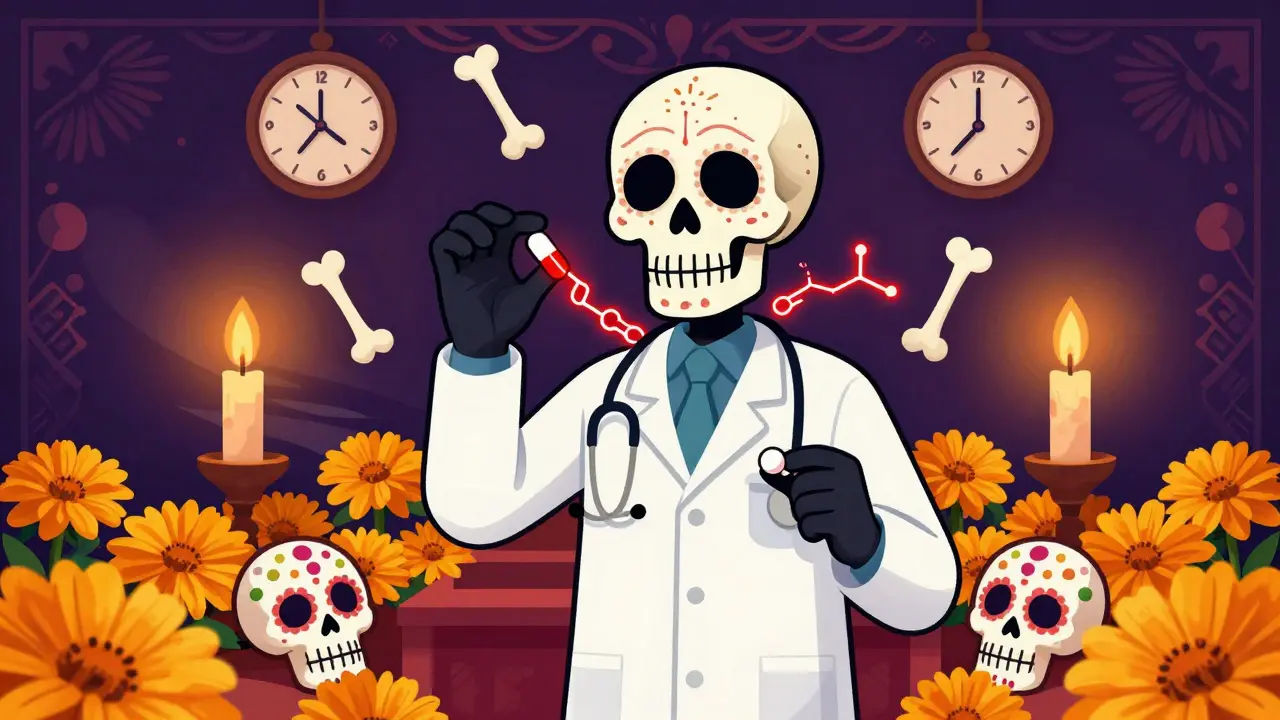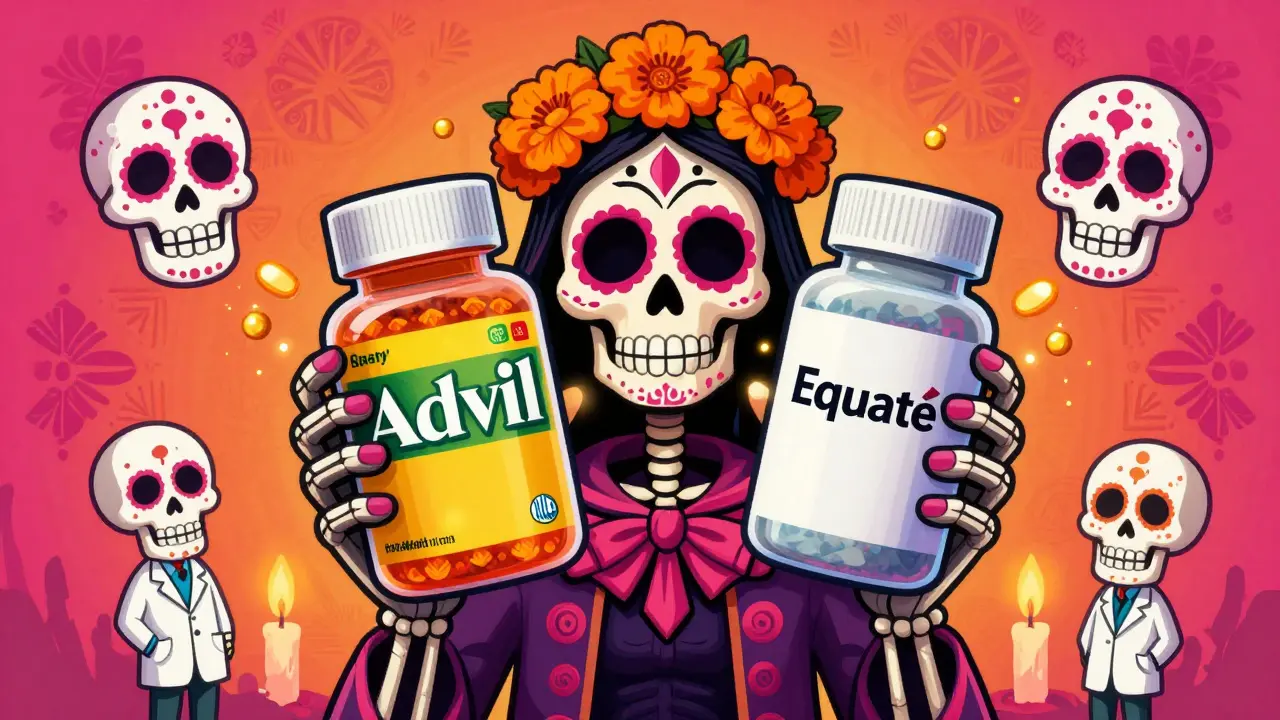
Drug interactions can turn mild side effects into life-threatening events. Learn how common meds, foods, and genetics combine to increase risks-and what you can do to stay safe.

Learn how to identify legitimate generic drugs at the pharmacy by checking labels, verifying pharmacies, spotting counterfeit signs, and using lot numbers to confirm safety. Save money without risking your health.

Magnesium supplements can block the absorption of osteoporosis medications like Fosamax and Actonel. Learn the two-hour timing rule to protect your bone health and avoid treatment failure.

Hydroxychloroquine is the cornerstone treatment for lupus arthritis, reducing joint inflammation, preventing flares, and lowering long-term risks like heart disease and organ damage. Learn how it works, why it's recommended for nearly all lupus patients, and what to expect when taking it.

TNF inhibitors have transformed ankylosing spondylitis treatment by targeting the root cause of spine inflammation. Learn how these biologics reduce pain, improve mobility, and slow disease progression - and which patients benefit most.

Step therapy forces patients to try cheaper generics before insurers cover prescribed medications. Learn how it works, when it’s dangerous, and how to get exceptions when your health is at risk.

Store brand OTC medications contain the same active ingredients as name brands but cost 80% less. Learn how to save money without sacrificing effectiveness, backed by FDA data and real user experiences.

Generic substitution in workers' compensation saves billions by replacing brand-name drugs with equally effective generics. Learn how it works, when it’s required, and what injured workers should know.

Cyclosporine and tacrolimus are essential for transplant patients but come with serious side effects like kidney damage, tremors, and diabetes. Learn how to manage them and what new options are emerging.
Learn how one medication can change how your body handles another - and what you can do to avoid dangerous reactions. Simple, practical steps to stay safe with your prescriptions.
Anafranil (clomipramine) is effective for OCD but has tough side effects. Discover how SSRIs like Zoloft and Prozac compare as safer, nearly as effective alternatives - and when Anafranil might still be the best choice.
Cuba's healthcare system is amidst a critical shortage of essential medicines, pushing citizens towards the black market. This crisis highlights the struggle of families like Lili's, the irony of empty pharmacies yet abundant private vendors, and the government's efforts to address the complex issue.
Clear, 2025-ready guide to buying Modafinil online: legal routes, pharmacy checks, prices, shipping, risks, and safer alternatives-with Canada-first, global tips.
A practical guide for organ transplant recipients covering common immunosuppressants, drug interactions, side effects, monitoring tips, and emerging therapies.